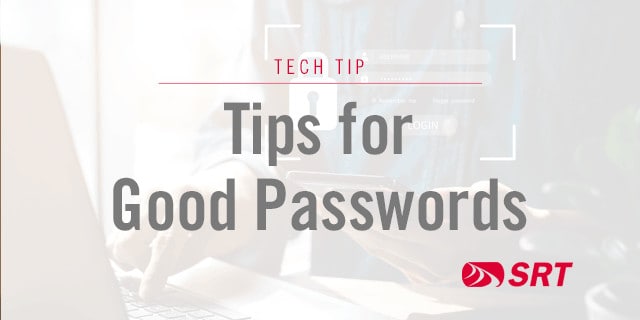
1. Have a Variety of Passwords
As tempting as it may be, try to not use the same password for multiple things. Varying passwords will limit the risk of someone accessing multiple accounts if they gain access to one.
2. Use Passphrases
Passwords and passphrases are different, and passphrases are better. Passwords are typically a combination of a single word with additional characters such as numbers and symbols. Passphrases are a series of multiple words with numbers and symbols. These words should be seemingly random to each other but have meaning and are easy to remember for you. For example, c0ffee54321 is an example of a simple password, but lovecoffeeeveryday19285 takes the word and makes a more complex phrase with a random number sequence which is much harder to crack.
3.Update Frequently
Change your passwords often. While this may seem tedious, it will reduce the risk of your information being compromised.
4. Use a Password Manager
There are many apps and services that provide password management. Research online before deciding which one is best for your needs.
5. Never Use Personal Information
Avoid names and important dates. Bad actors will often use social media to gain access to information such as important family members or pet names, your own name, or birthdays which are commonly used in passwords.
6. Improve Password Strength
The longer the password, the better. Many sites require an 8-character minimum password. However, industry experts suggest 14-16 characters at minimum, but more is always better. This is where passphrases and unique symbols can help with reaching the character count.


